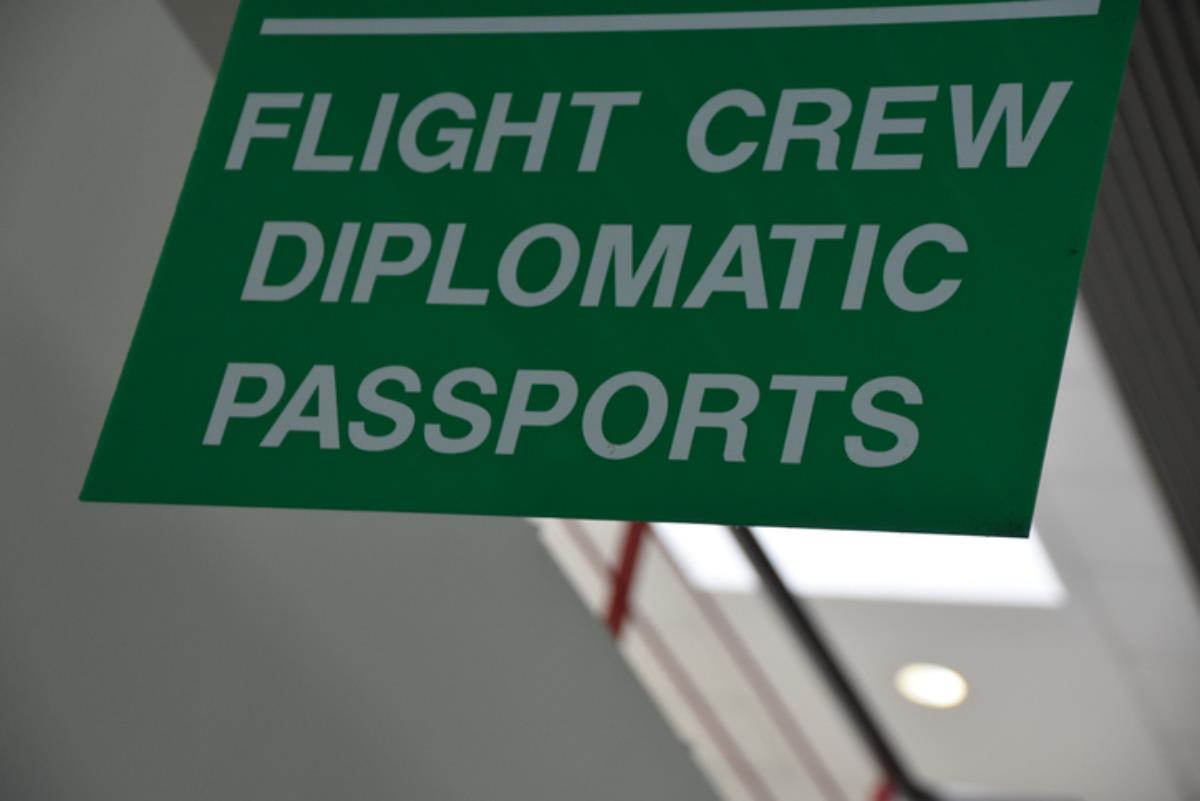From Budapest to Panama: The Unseen Influence of Wealth in Global Diplomacy

Change language:
Sponsored article
In the interesting world of global finance and diplomacy, a peculiar story emerges from Panama, a country increasingly recognized for its pivotal role in marrying wealth with the world of diplomatic credentials. Where all this intertwines stands a pioneer consulting firm called William Blackstone Internacional, that has carved a niche in facilitating the acquisition of diplomatic appointments for the uber-wealthy.
The company’s most senior consultant is Peter Kovacs, who was born in Budapest, Hungary, a person with an extensive background in offshore banking and asset protection. With over 15 years of experience that spans the globe—from the Cook Islands to West Africa, the Caribbean, and finally Panama—Kovacs represents the expertise in navigating the complexities of asset protection for high-profile individuals and political figures. But what makes this Hungarian individual the center of connection of the diplomatic world while he is completely unknown to the Hungarian diplomatic world?
This narrative does not merely encompass the straightforward management of assets but delves into the ethical complexities and implications of allowing financial affluence to pave the way for diplomatic appointments. The practice, facilitated by entities versed in the arts of offshore banking and asset protection, invites a critical examination of the evolving landscape of global diplomacy and the sanctity of its traditional pathways.
Central to this discourse is the burgeoning trend among the world’s elite to seek more than just financial havens for their wealth. These individuals, leveraging their near limitless resources, venture into territories that offer not just privacy and protection but also prestige and power through non-career diplomatic statuses. Such endeavors, while legal and marked by a high degree of financial acumen, straddle a delicate line between the pursuit of personal security and the broader ethical considerations that govern societal contributions and the equitable administration of justice.
The allure of diplomatic appointments for the wealthy is multi-faceted, promising not only an enhanced social standing but also practical benefits. These range from diplomatic immunity, which can offer a shield against some entry-level legal entanglements, to easier global mobility and major tax advantages. Such perks underscore the desirability of these appointments, positioning them as coveted accolades within the echelons of wealth.
However, the pathway to these diplomatic titles, facilitated by experts in the diplomatic field, raises probing questions about the integrity of international non-career diplomacy. The notion that non-career diplomatic status might be accessible to the highest bidder could suggest a shift towards a “pay to play” model, where financial clout can influence or may even bypass the traditional meritocratic and service-oriented routes to diplomatic engagement.






